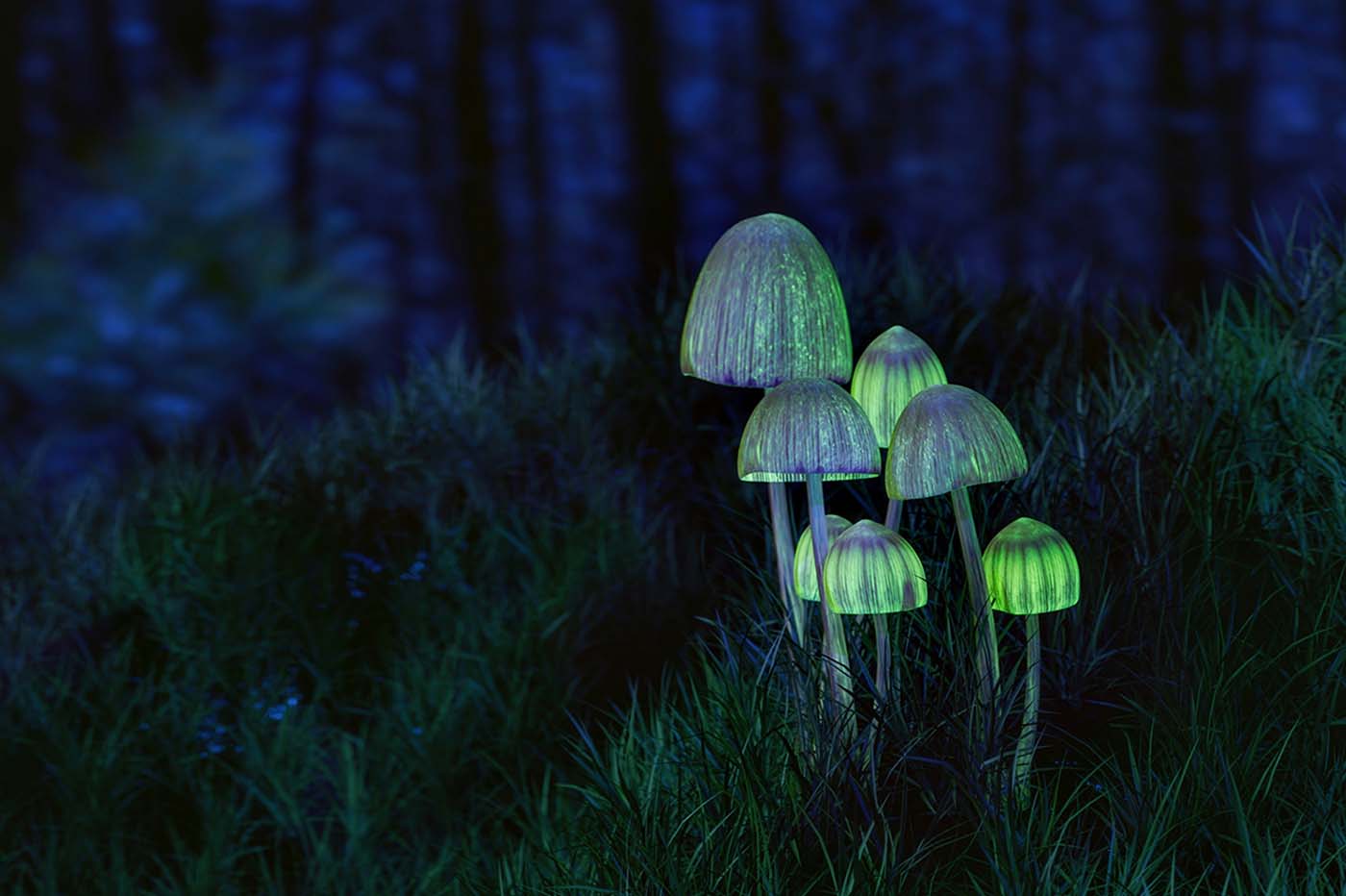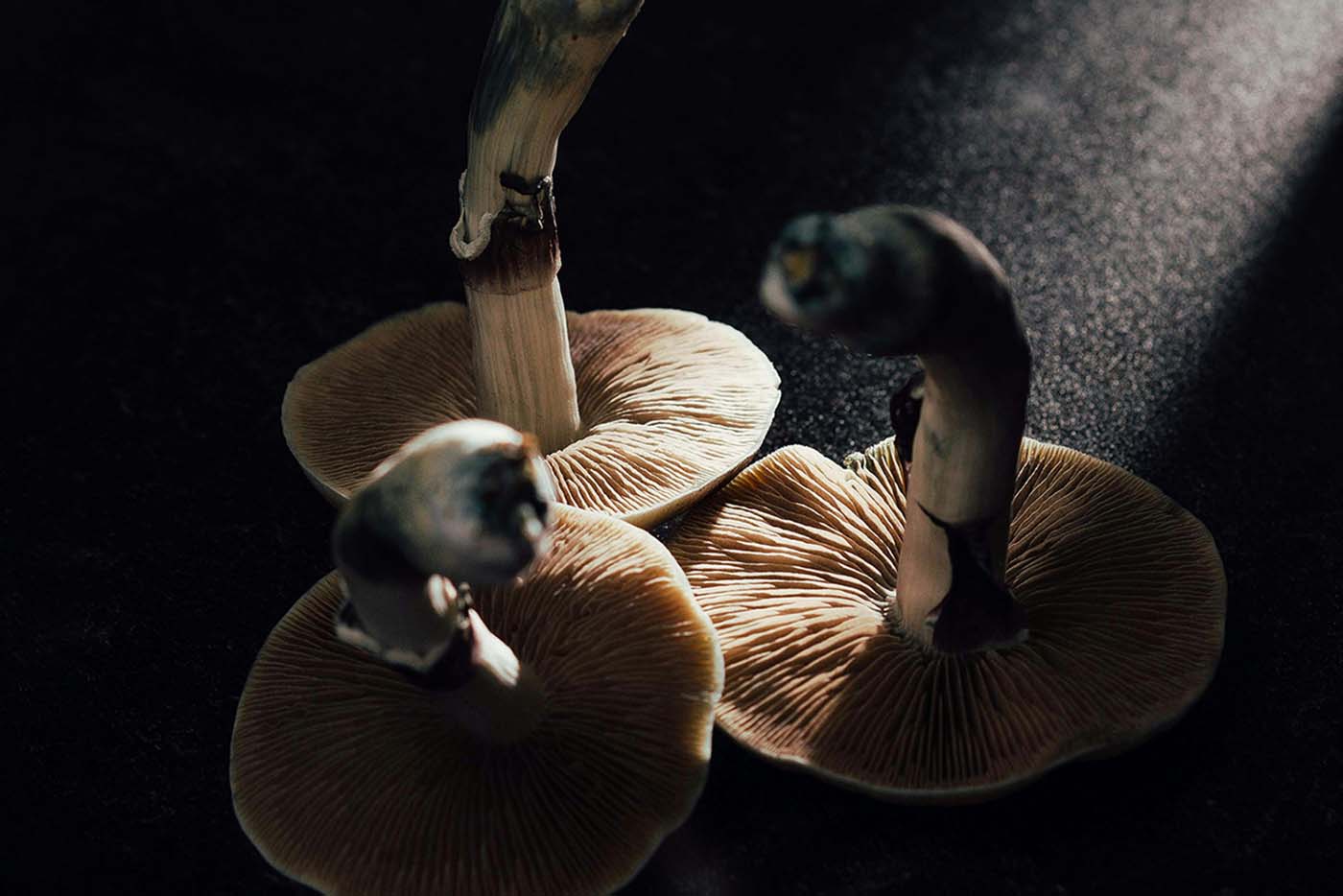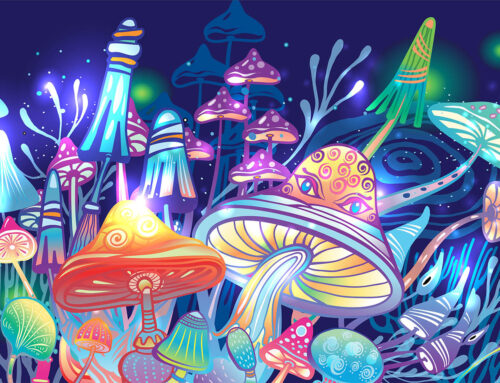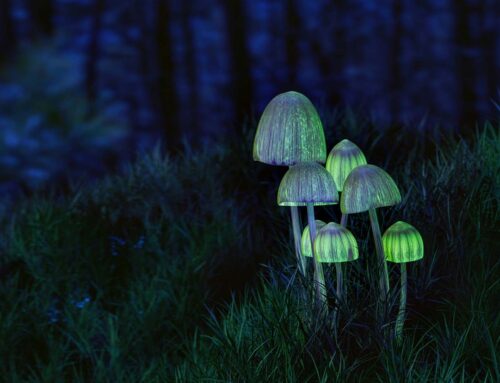
In the campy 1980 comedy, Caddyshack, disheveled groundskeeper Carl Spackler (played by a brilliant[...]

It's not often that a scientist becomes a subject for his own research; even[...]

Sensory deprivation via natural or manmade caves has now become, if not routine, certainly[...]

Using fMRI technology, scientists for the first time have revealed significant - albeit temporary[...]

‘Massive’ Changes Detected in Brains Using Psilocybin
Using fMRI technology, scientists for the first time have revealed significant – albeit temporary – changes in the brain function of individuals using psilocybin, a hallucinogen known more casually as ‘magic mushrooms.’
“I’ve never seen an effect this strong,” said Shan Siddiqi, a neuroscientist at the Harvard School of Medicine. He said some of the neural changes were so ‘massive’ that the brain scans looked liked they were entirely different people.
Conducted by researchers at the Washington University School of Medicine, the study measured the changes in the brains of seven participants, each of whom consumed a sizable amount of psilocybin.
“There’s a massive effect initially, and when it’s gone, a pinpoint effect remains,” said co-senior author Nico U. F. Dosenbach, MD, PhD, a professor of neurology. “That’s exactly what you’d want to see for a potential medicine. You wouldn’t want people’s brain networks to be obliterated for days, but you also wouldn’t want everything to snap back to the way it was immediately. You want an effect that lasts long enough to make a difference.”
In particular, the psilocybin desynchronized the brain’s default mode network, an interconnected collection of neural regions that usually are simultaneously active when the brain is in a state of ‘waking rest’ (aka daydreaming). Once the effects of the mushroom wore off, the network more or less re-booted, although small differences lasted for weeks.
“I’ve never seen an effect this strong.” – Shan Siddiqi, Harvard School of Medicine
In recent years psilocybin has been shown to deliver significant relief to individuals suffering from a variety of mental health issues, including anxiety, depression, addiction, and PTSD. But while scientists have learned a great deal about the molecular effects of psilocybin, what isn’t understood is how the mushrooms work their ‘magic’ on a neural network level.
One theory suggests that psilocybin enables the brain to create new neural paths. But researchers said they aren’t clear whether the psilocybin is actually making that happen, or whether the psychedelic experience is prompting the brain to behave differently.
For obvious reasons researchers are intrigued by the results and are eager to conduct more research.





